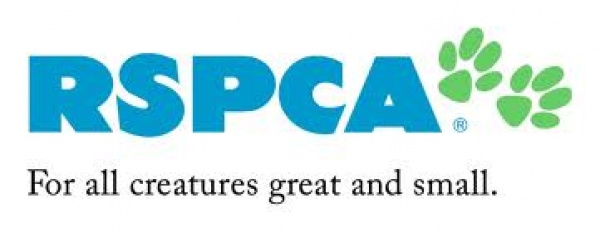
The Commons environment committee said there was a “conflict of interest” between the charity’s power to prosecute and its role in investigating cases, campaigning and fundraising.
But the RSPCA defended its work and said the move was not supported by the government or animal welfare groups.
The government says it will consider the committee’s recommendations.
The Environment, Food and Rural Affairs committee called on ministers to change the law concerning the RSPCA’s powers.
Everyone in England and Wales has the right to bring a private prosecution against someone who they believe has committed an offence.
The Committee recommends the RSPCA should continue its work investigating animal welfare cases, but “withdraw from acting as a prosecutor of first resort” and let the Crown Prosecution Service or other statutory bodies carry out this role.
If there were no statutory alternatives – and where a private prosecution would further its charitable aims – the RSPCA could still be allowed to bring a case, said the committee.
What prosecution powers does the RSPCA have?
The RSPCA exercises its right to act as private prosecutor under the Prosecution of Offences Act 1985.
The charity has no legal enforcement powers or authority in its own right, so all prosecutions are brought via independent solicitors acting for the RSPCA.
The director of public prosecutions does have the right to intervene in any criminal proceedings if she feels that proceedings are unjustified.
Other charities have brought prosecutions in cases where the police or CPS haven’t taken action.
But the cross-party committee was not unanimous; the call to transfer powers was opposed by three Labour MPs and one SDLP MP, and carried by the five Conservatives and one SNP MP.
Opposing committee members stressed that anyone had a right to bring forward a private prosecution and “to single out the RSPCA as not being able to do this would be invidious, as it has the experience and skills and it furthers its charitable objectives”.
But Conservative MP and chairman Neil Parish said the committee was not convinced the charity was in any better position to prosecute than the CPS and “should step back from making prosecutions itself”.
Evidence heard included testimony from the Self-Help Group (SHG) for farmers, pet owners and others experiencing difficulties with the RSPCA which said some people felt alienated by the charity’s “targeting of vulnerable, ill or elderly people” and the removal of their animals.
RSPCA chief executive Jeremy Cooper rejected the MPs’ criticism.
“We are extremely proud of our near 200 years of experience investigating and prosecuting animal cruelty and our 92% success rate – which is currently a higher percentage than the CPS,” he said.
“For us the key test will be if the recommendation improves animal welfare and we suspect the answer in this case would probably be no.”
Maximum penalty
In a joint statement, Battersea Dogs and Cats Home, Blue Cross, Cats Protection, the Dogs Trust and the PDSA said they feared that without the RSPCA, “many cases of unacceptable animal abuse would go unprosecuted”.
The committee also recommended the maximum penalty for animal welfare crimes should be increased from 51 weeks to five years.
And it called for a ban on the third party sale of dogs, so they would only be available from licensed, regulated breeders or approved rehoming organisations.
Neither the SSPCA (the Scottish equivalent of the RSPCA) nor the Ulster Society for the Prevention of Cruelty to Animals (USPCA) bring prosecutions, as the RSPCA does in England and Wales.





Be the first to comment